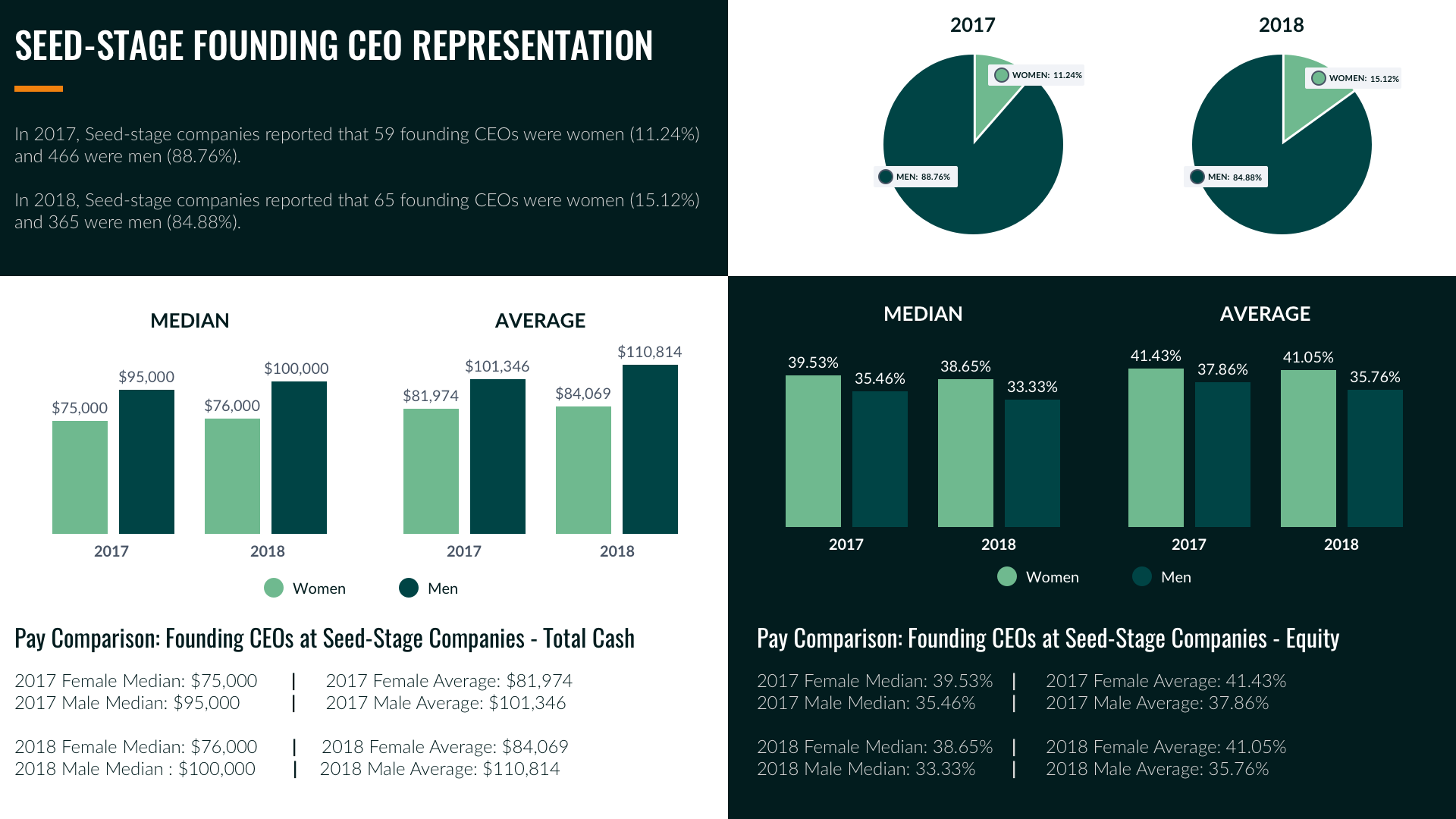Conrad Lee leads the VC Executive Compensation Survey and Option Impact at Shareworks Compensation, formerly Advanced-HR. He has spent the last decade developing and delivering the world’s largest pre-IPO compensation database for startups and their investors.
Compensation is the most intimate way a company can interact with its employees. For far too long, compensation managers and committees have operated behind closed doors, keeping pay guidelines shrouded in mystery. Developers with equal experience, performing at the same level, and huddled around the same table while trying to perfect autonomous ocean to table omakase experiences could receive drastically different pay packages. Those times are over.
Employment sits at historic lows, investors are pouring in money through massive rounds, and companies are stepping on, over, and around each other to attract the best talent. Silicon Valley sits at the epicenter of competitive labor markets, but we’ve heard the same story over and over: Big Company X is coming to town, and we can’t pay like them.
Heads up Seattle, Austin, Boulder, Boston, New York, Chicago, and most recently, Virginia! Recruiters must be aggressive, and it’s only a matter of time before an all-star employee mentions a 25% pay bump available at Company X. A team member hears the news and they’re suddenly browsing job boards as well. The dreaded churn switch is pushed a notch higher.
Today’s workforce is more connected than ever, having grown with technology since the days of Tetris, Shufflepuck, and Oregon Trail. What was once taboo to share with anyone beyond your significant other, is now being posted freely for the masses.
We won’t even start on the impacts of social media! Reviews and ratings began popping up for schools, restaurants, and workplaces. Glassdoor, Salary, and others provide deep insights to pay, work-life balance, and executive leadership approval ratings.
Then, things went a step further by detailing gender alongside compensation, most notably in the employee-led survey at Google in 2017. It was the shot heard round the world. How could a well-known organization which prides itself on diversity, and that some think is the entire internet, find itself with gender pay disparity?
Over the past year, I’ve visited and revisited the gender pay gap with various talent partners at prominent venture firms. Kelly Kinnard of Battery Ventures and Bethany Crystal of USV authored pieces on the topic. One theme was common when discussing pay disparity – What if we had real data? What if we had corporate-sourced data that wasn’t subject to disgruntled employees or selective reporting? Well, we do.
Advanced-HR hosts the world’s largest compensation database specific to venture-backed companies. For the first time, we took a deep dive into compensation and gender at privately held, VC-backed companies and we’re sharing the findings.
Thousands of companies and 10,000+ corporate-sourced employee data points. Nothing inferred. Though we analyzed the entire data set, this article only considers US Company data.
We do not display gender-based compensation data but VC-backed companies can access our database of 2800+ participants for free by completing a quick survey. Venture firms and all others interested in our data, contact us here.
About the data
Each year, we have the privilege of running the industry standard VC Executive Compensation Survey alongside 160+ top venture firms. All sponsoring firms and their participating portfolio companies receive the final report of detailed, aggregate, and anonymous compensation data. Before we review compensation, let’s visit gender representation at VC-backed companies.
The following slide is part of a more comprehensive 11-slide deck viewable at the end of this article, highlighting takeaways and key findings from our data.

Data is great. Now what?
It’s the hot topic and hiring managers are on red alert. Pay fairly or risk a PR nightmare. Here are some steps you may want to consider.
1. Founders need to hire. Owning the hiring process allows founders to gain valuable experience and exposure. By creating job descriptions, founders can be thoughtful and sensitive to the fact that connotations and tone can unintentionally isolate a specific segment of eligible talent.





